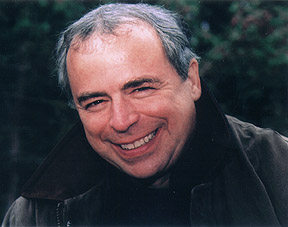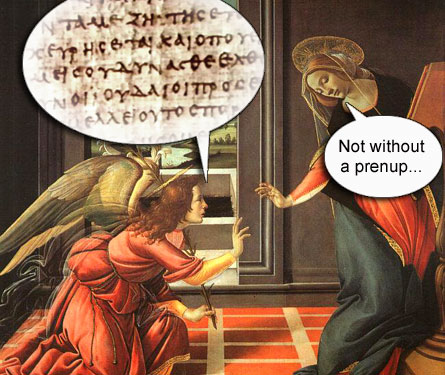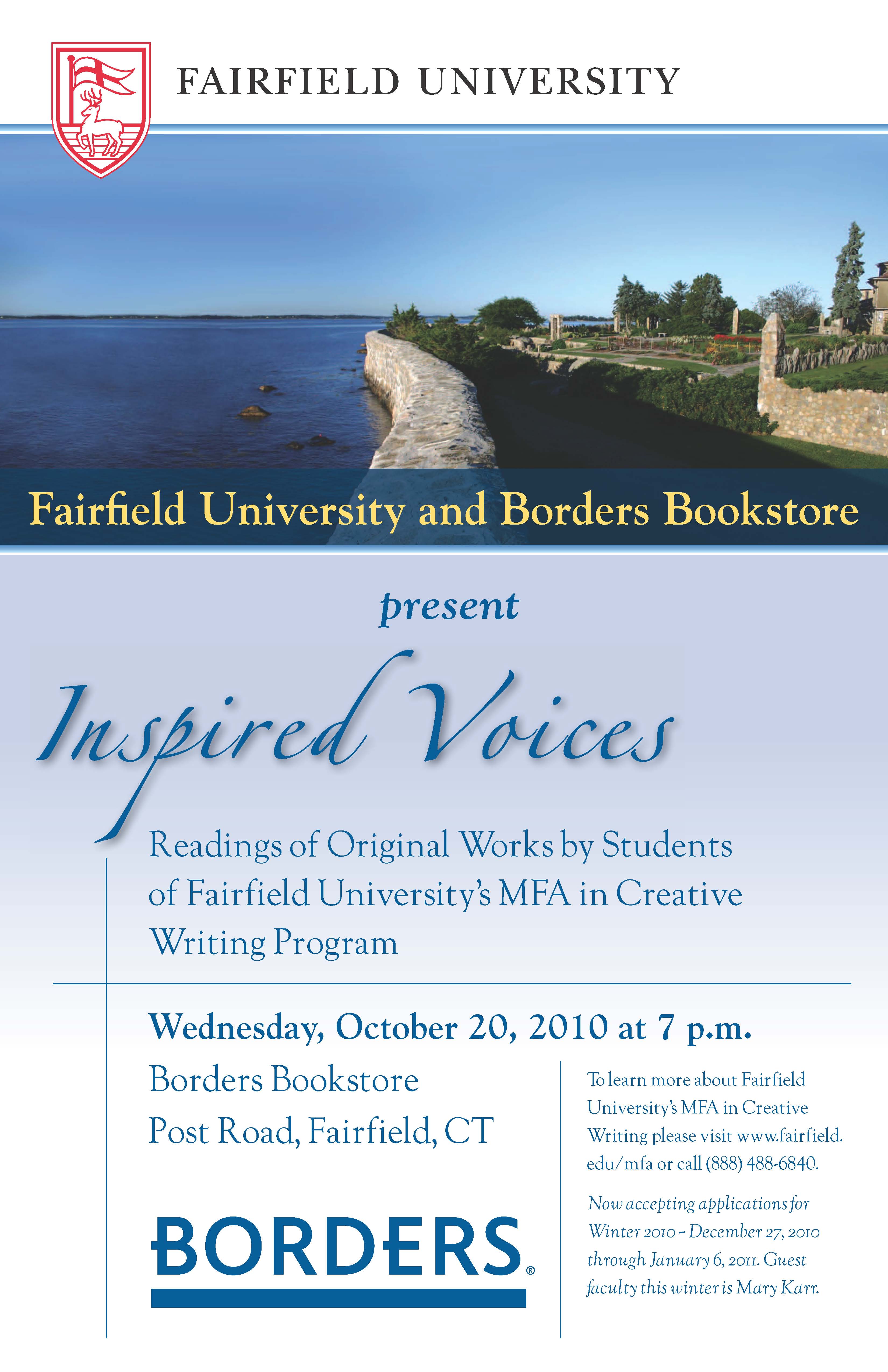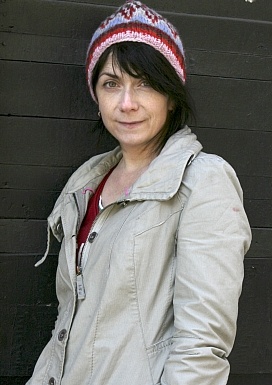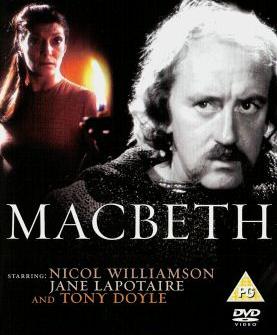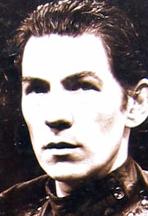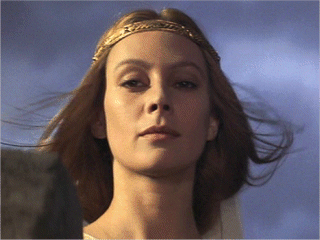For me, books can be like hard candy. You get a bag of Jolly Ranchers, you rip it open and maybe you immediately eat one of your favorite flavors first, as a sort of opening-the-bag celebration. But, then if you’re like me, you start eating all your least favorite flavors, so that what’s left in the bag – eventually – is a big pile of watermelon and sour apple. Heaven.

There are probably more moody black and white portraits of Joan Didion than of any other writer. If you print them all out and staple them together in a flip book, you can actually watch her age.
That’s how I’ve been treating the work of Joan Didion. I’ve loved Didion since a newspaper editor gave me The White Album as part of a newsroom Secret Santa gift exchange. I was 23, loved my job, and Didion’s essays sang to me. I’d never read prose like that before. I spent months on that book. I pored over each essay, reading each word twice, but I was stingy with myself, squirreling the essays away like sour apple Jolly Ranchers, and savoring that wonderful first-read feeling.
I have not read Slouching Toward Bethlehem yet. I know I will love it, so I am saving it for later.
Joan D. is a two-edged sword, however. On the one hand, her work is heartbreakingly beautiful. On the other hand, it’s also just heartbreaking. I read Play it As it Lays this past spring and emerged from the novel feeling like I’d gotten drunk and then had a three-hour phone conversation with a friend who makes bad choices.
Below the page break is the craft essay I wrote about point of view in that novel.

